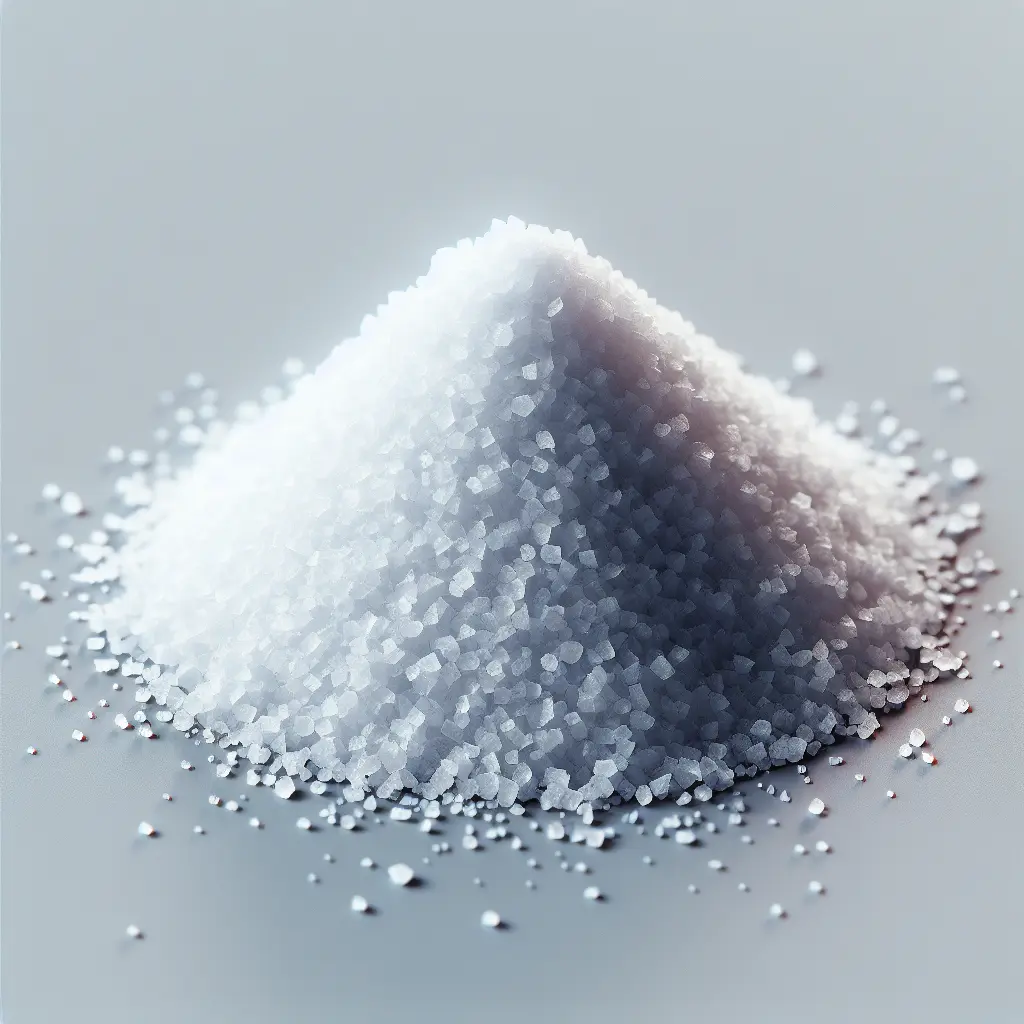The Essence of Salt: A Vital Nutrient for Life
Salt, chemically known as sodium chloride, is an essential mineral that our bodies rely on for various physiological processes. It helps regulate fluid balance, maintain proper nerve and muscle function, and supports blood pressure control. Consuming adequate amounts of salt is crucial for optimal health.
Health Benefits of Salt
- Regulates Blood Pressure: Contrary to common misconceptions, salt in moderation does not necessarily raise blood pressure in healthy individuals. It helps maintain the proper balance of fluids in the body, which is essential for regulating blood pressure.
- Supports Muscle and Nerve Function: Salt plays a crucial role in the transmission of nerve impulses and the contraction of muscles. It ensures the proper functioning of our nervous and muscular systems.
- Prevents Iodine Deficiency: Iodized salt is fortified with iodine, a vital nutrient necessary for thyroid hormone production. Adequate iodine intake supports cognitive development, metabolism, and overall well-being.
Culinary Cornerstone: Salt's Role in Flavor and Preservation
In the culinary realm, salt is an indispensable flavor enhancer and preservative. It brings out the natural flavors of foods, making them more enjoyable and satisfying. Additionally, salt inhibits the growth of bacteria, extending the shelf life of foods and preventing spoilage.
- Flavor Enhancement: Salt interacts with taste receptors on our tongues, intensifying the perception of other flavors. It balances sweetness, bitterness, sourness, and umami, creating a harmonious symphony of tastes.
- Food Preservation: By drawing out moisture from foods, salt creates an unfavorable environment for bacteria to thrive. This process, known as curing, has been used for centuries to preserve meats, fish, and vegetables.
Tips for Incorporating Salt Wisely
While salt is essential, it's important to consume it in moderation. The recommended daily intake for adults is less than 2,300 milligrams (about 1 teaspoon). Here are some tips for incorporating salt wisely into your diet:
- Use salt sparingly during cooking and at the table.
- Choose fresh, unprocessed foods over packaged and processed foods, which often contain high amounts of sodium.
- Season foods with herbs, spices, and citrus juices instead of relying solely on salt.
- Read food labels carefully and opt for products with lower sodium content.
In conclusion, salt is a vital mineral with a wealth of health benefits and culinary applications. By understanding its role in the body and using it wisely, we can harness its power to enhance our well-being and culinary creations.
How many calories are in Salt?
Each 0.3 tsp of Salt contains 0 calories.
Salt Nutritional Information
| Nutrient | Amount per 0.3 tsp (1.5g) |
|---|---|
| Calories | 0 Calories |
| Protein | 0g |
| Fat | 0g |
| Saturated Fat | 0g |
| Cholesterol | 0mg |
| Carbohydrates | 0g |
| Dietary Fiber | 0g |
| Sugar | 0g |
| Sodium | 0.581mg |
| Potassium | 0.0001mg |
| Calcium | 0.0004mg |
| Iron | 0mg |
